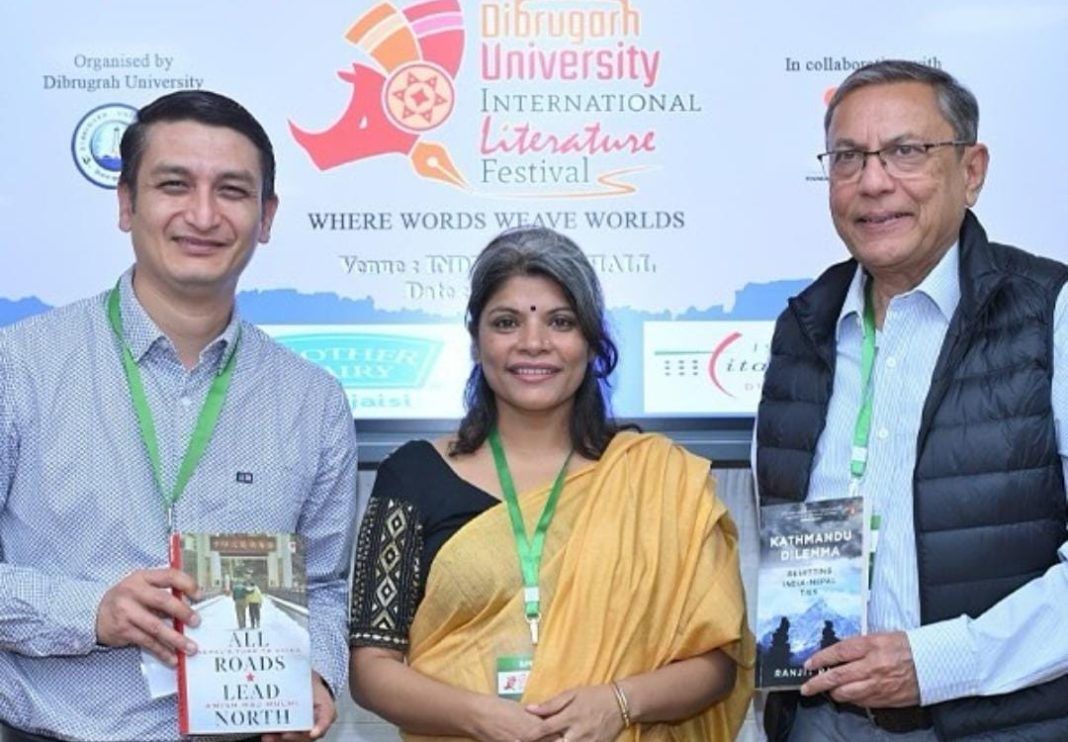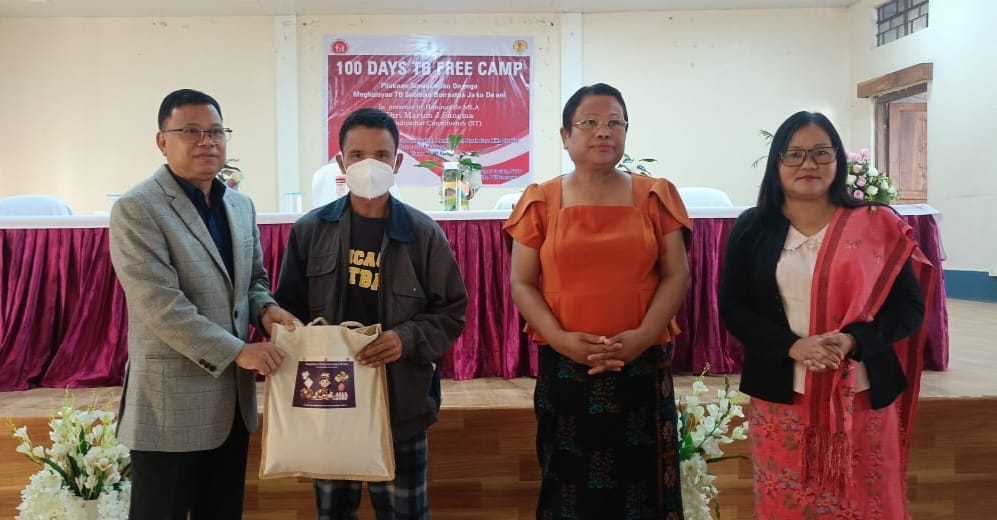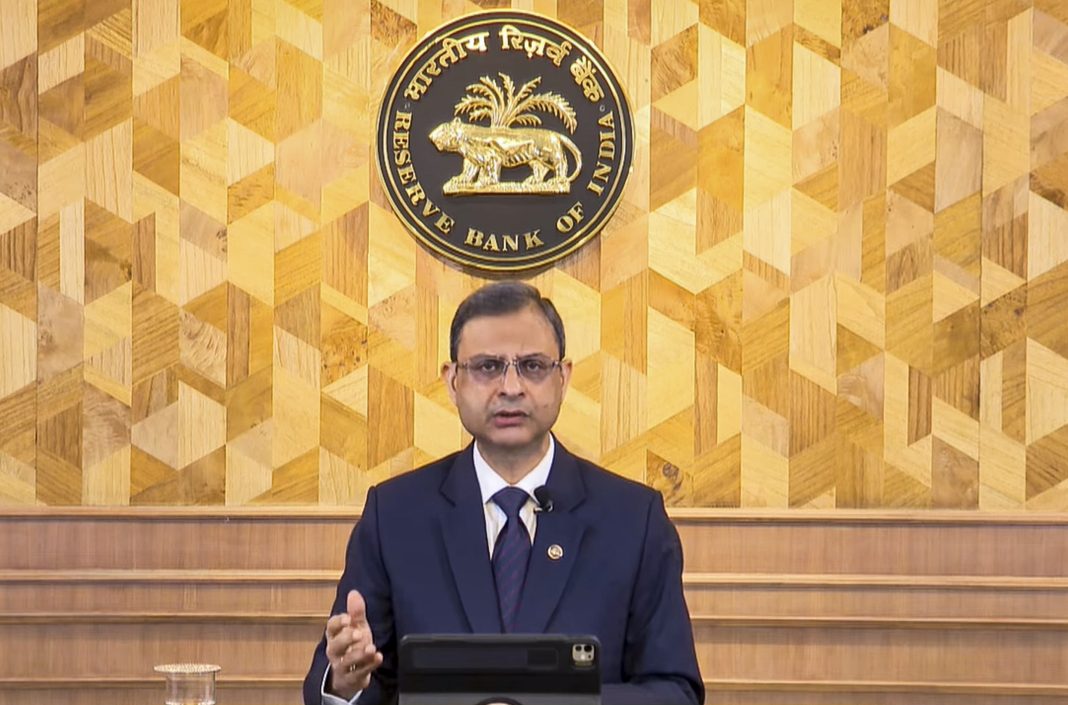Dibrugarh, Feb 7: Whether Nepal should “look towards north or south” became a hot topic of discussion at an international literary festival being held at Dibrugarh University in eastern part of Assam.
The four-day event featuring over 200 writers from around 25 countries in Asia, Africa, and Europe is hosting over 50 sessions on various literature and culture related issues.
One of the topics of discussion was “Nepal Narrative: People, Palace and Politics” where Kathmandu-based author Amish Raj Mulmi, known for his book “All Roads Lead North: Nepal’s Turn to China”, took part as a panellist on Thursday evening.
Talking about his book, Mulmi admitted that Nepal’s relationship with India has taken a dent in the past few years with the nation’s increased dependence on China.
He said his country, with deep historic and cultural connections with India rather than China, had to “look north” towards China due to lack of resources to carry on economic development.
In a lighter vein, another panellist and former Indian ambassador to Nepal Ranjit Rae suggested that the book should have been titled “All Roads Lead to South…” since Nepal is more connected (historically and culturally) to India.
Meanwhile, Mulmi said abolition of the 240-year-old monarchy in 2008, which also marked the end of the only Hindu nation in the world, led to improved relationship with India for a few years, only to turn for worse later.
Another Nepal born writer Smriti Ravindra, known for her debut novel “The Woman Who Climbed Trees”, emphasised on the similarities between the sister nations – India and Nepal.
Both Mulmi and Ravindra highlighted as to how Nepali people are generally depicted in novels as living near the Himalayas, engaged in mountain climbing, etc., which is not always the case as southern part of Nepal has a huge lowland region, called Terai.
Ravindra, who hails from Terai, said due to the misconception of writers, the readers rarely learn the real stories of the people.
She also said the people of southern Nepal, called Madheshis, are sometimes mistaken as Indians even within Nepal due to their physical resemblance with Indians. The Madheshi community often feels neglected by northern Nepalis and the government due to their close proximity to Indians, she lamented.
Ravindra, who identifies herself as a Madheshi rather than a Nepali, also proudly stated that marriages with Indians is common in her family. “It’s feels less like marrying into another country and more like marrying into another state,” she said.
Meanwhile, responding to a question from audience, the two writers admitted that although Nepalese have travelled across the world, the diaspora literature has not been up to the mark.
For queries, contact:
Sukanya Dowarah – 6000454596
Ratul Baruah – 8011003214




